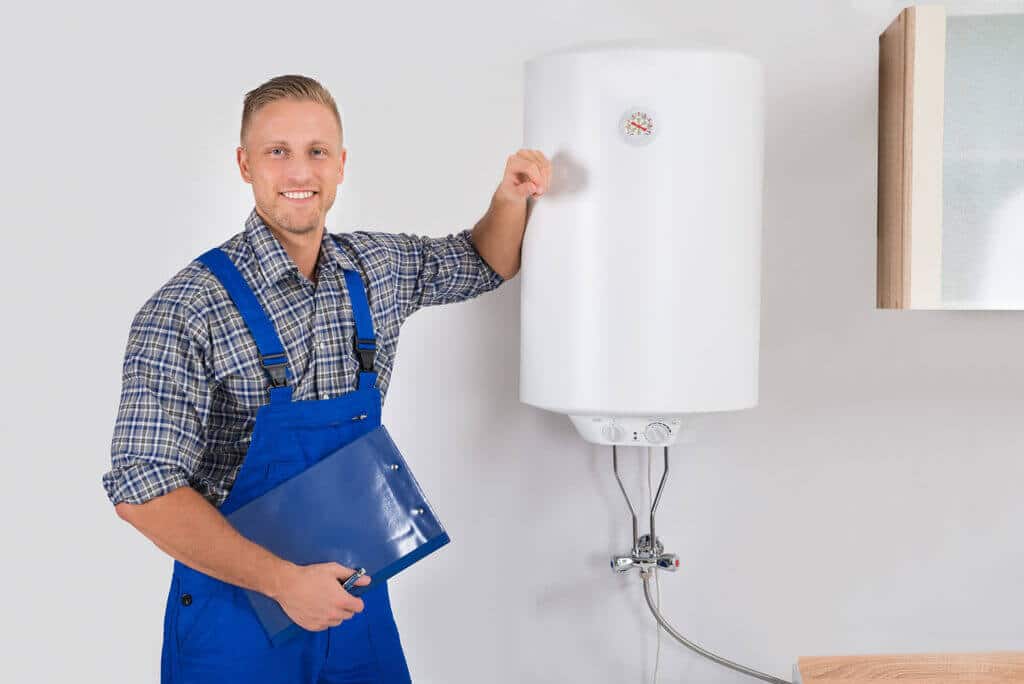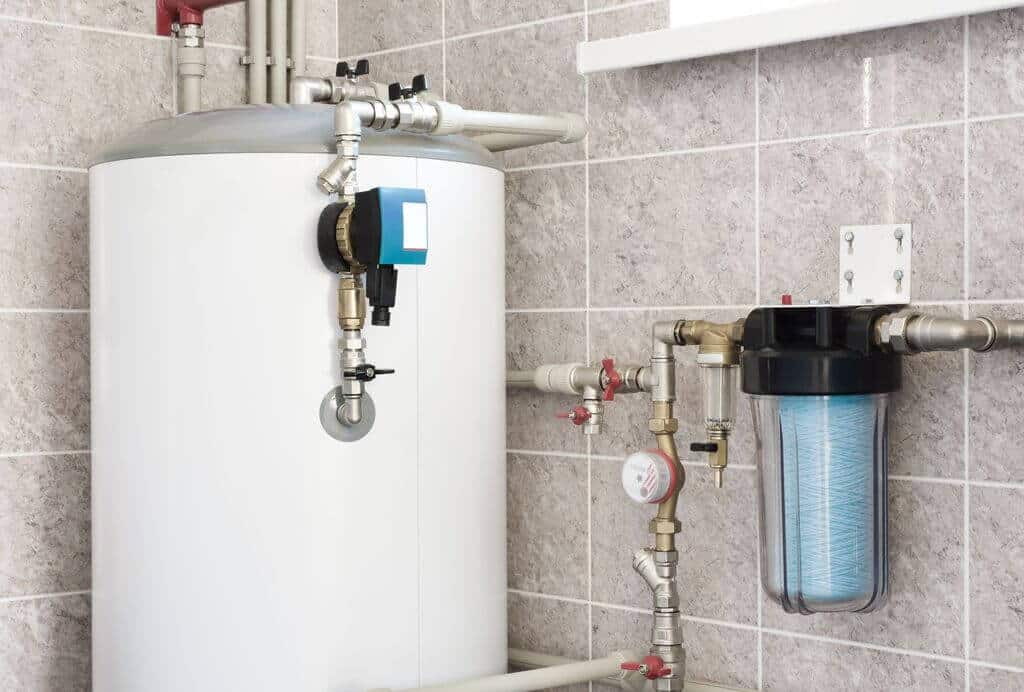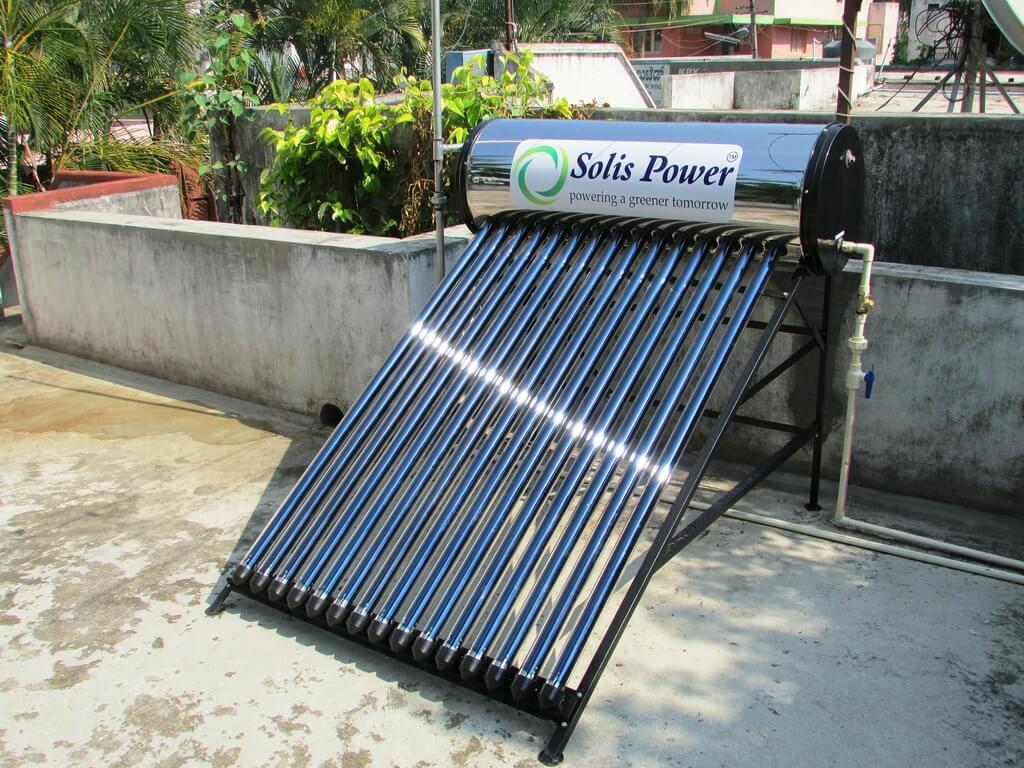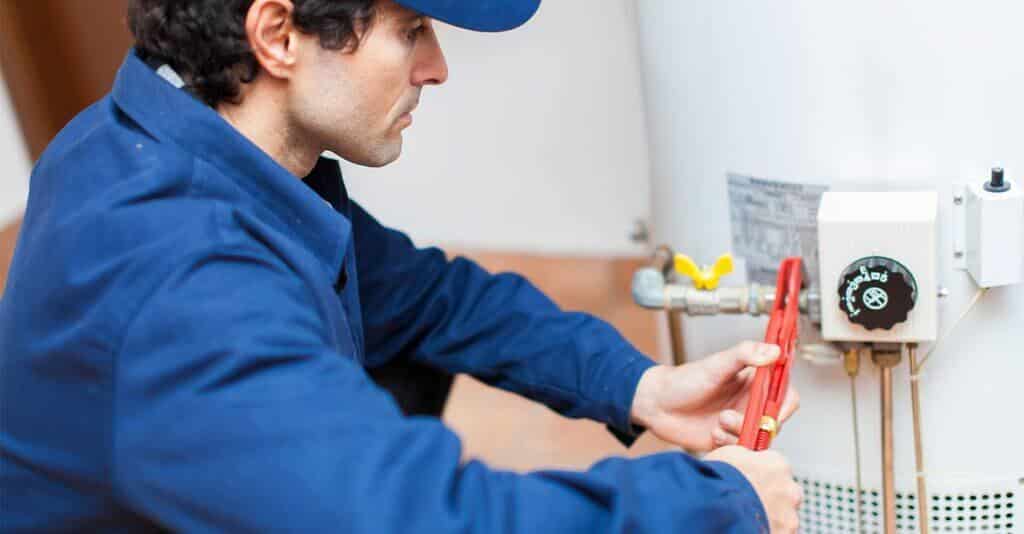Water heaters are an important part of any home, and knowing which one is right for your needs is crucial. Here are five things to consider when choosing a home water heater:
The Size of Your Home

A water heater that is too small will be unable to meet the demands of a large household, resulting in lukewarm showers and many frustrated family members. On the other hand, a water heater that is too large will be unnecessarily expensive to operate and will likely result in higher utility bills.
A family of four will likely need a larger unit than a single person. Additionally, you will need a larger unit if you have a high demand for hot water or if you frequently use a dishwasher or wash large loads of laundry. The best way to determine the appropriate size for your home is to consult with a certified plumber or HVAC contractor.
Choose Between Tank and Tankless Water Heaters

Tank water heaters are the more traditional option, and they work by storing hot water in a holding tank. You will always have a hot water supply, even if you use a lot at once. Tankless water heaters heat water on demand. It is more energy efficient since you’re not heating and reheating water you might not even use.
However, it’s important to note a tankless water heater might be unable to keep up if you’re using a lot of hot water all at once. Ultimately, the best option for you will depend on your budget and your family’s specific needs.
Cost
The type of water heater, the size of the unit, and the efficiency all play a role in determining the price. As a result, getting quotes from several companies before making a purchase is essential. Consider operating, maintenance, and installation costs when picking the right water heater for your home. While you may be tempted to DIY, seeking professional help is best. When choosing a professional, consider their experience, licensing, availability, and customer care.
Fuel Type

The most common fuel types are gas and electricity, but solar-powered water heaters are also available. Each fuel type has its advantages and disadvantages, so choose the one that best suits your needs. For example, gas water heaters are less expensive than electric models but require a reliable gas supply.
Electric water heaters are more expensive but much easier to install. Solar-powered water heaters are the most environmentally friendly option with expensive up front, but they can save you money on your energy bills in the long run.
However, it is crucial to speak with a qualified installer to determine which type of fuel is best for your home. They will be able to consider factors such as the climate in your area and the availability of infrastructure for each type of fuel.
Efficiency
Water heaters are one of the biggest energy users in the home, so opting for an efficient model can lead to significant savings on your utility bills. The efficiency of a water heater is measured by the energy factor (EF). The higher the EF, the more efficient the unit is.
When choosing a new water heater, compare the EF of different models to choose the most efficient one. Look for other efficiency features, such as self-cleaning and automatic temperature control. These features can help to reduce operating costs and extend the life of your water heater.
Warranty

Most water heaters come with a standard warranty of five to six years. However, some manufacturers offer extended warranties of up to twelve years. Compare warranties and choose the option that best suits your needs. Keep in mind that warranties can vary greatly in terms of length and coverage. Some manufacturers offer limited warranties covering the tank, while others provide more comprehensive coverage, including parts and labor.
A warranty will help you save money from unexpected repairs, which can provide peace of mind in an emergency. Read the fine print carefully to understand what is covered and how long. In addition, it is vital to research a company’s customer service record before purchasing. After all, even the best water heater will eventually need repairs or maintenance. To ensure you can count on the company for support when needed.
When choosing a water heater, consider various factors to choose the unit that best suits your needs. Size, hot water usage, fuel type, cost, and efficiency are all important factors to keep in mind. By taking the time to think about your needs, you can be sure to select the right water heater for your home.
Explore More:-

